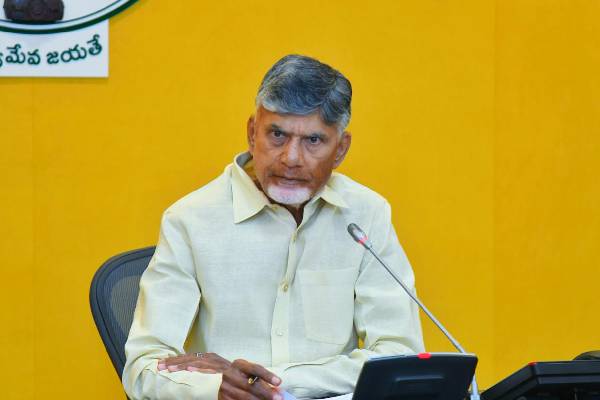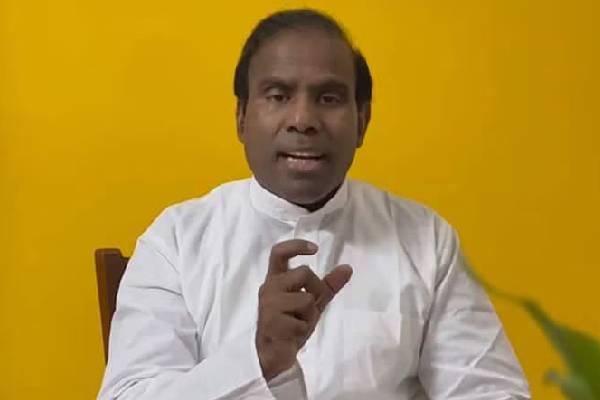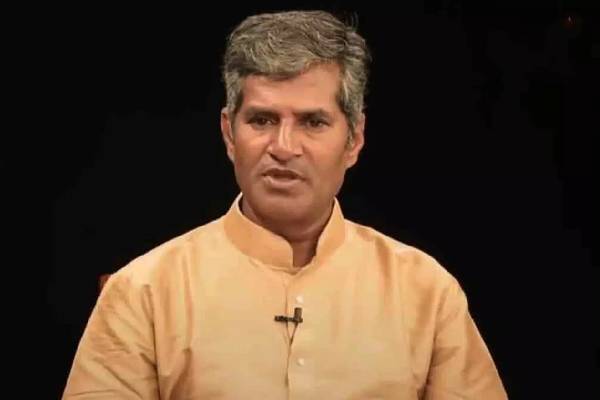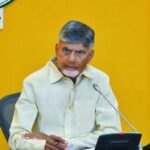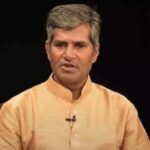For the residual state of Andhra Pradesh it was an eventful year marked by numerous post-bifurcation challenges — the biggest being the shifting of the administration from Hyderabad to Amaravti, the new state capital coming up near here.
Though under the Andhra Pradesh Reorganisation Act of 2014 Hyderabad was declared the common capital of Telangana and Andhra Pradesh for 10 years, the latter preferred to shift the administration in the third year itself.
Almost all departments have moved from Hyderabad to the Interim Government Complex (IGC) built at Velagapudi village. It was an emotional moment for thousands of government employees to bid adieu to Hyderabad and shift to a remote and deserted place, bereft of any infrastructure.
Chief Minister N. Chandrababu Naidu, who had been operating from here since last year but was shuffling between Vijayawada and Hyderabad, too started functioning from his new IGC office.
As someone who has the distinction of being the longest-serving Chief Minister of undivided Andhra Pradesh (1995-2004) and who played a key role in catapulting Hyderabad to what it is today, Naidu left the city with misty eyes. His emotions were visible after attending the last session of the state assembly.
Now the new legislature complex is coming up near the IGC and the first session is likely to be held in January-February. The foundation stone has also been laid for the permanent government complex in what is expected to be the core area of the capital city.
The shifting of the secretariat helped the government to not only better focus on administration but also use it as the launch pad for the development of the capital.
The process has gathered pace with the government allocating lands for a few universities and a hospital group to set up their campuses.
The cash-strapped state’s plans for capital development received a shot in the arm with the World Bank, Hudco and Andhra Bank together in-principle sanctioning Rs 17,500 crore ($2.5 billion). The state plans to spend Rs 32,000 crore over the next four years to create infrastructure in the greenfield capital city.
The Telugu Desam Party (TDP) government in the state continues to face a financial crunch with the revenue deficit mounting to Rs 6,641 crore in the first half of 2016-17 though for the whole year it is estimated at Rs 4,868 crore. The Chief Minister himself admitted that the state has no money to pay salaries to the employees and is already running on a huge overdraft.
The demonetisation of high-value currency has further dented the state’s revenues. Naidu, an ally of the Bharatiya Janata Party (BJP)-led National Democratic Alliance government, initially claimed credit for demonetisation but later publicly expressed his displeasure over the manner in which it was implemented.
However, the biggest blow to Naidu came when the Centre refused to accord special category status to the state as announced by then Prime Minister Manmohan Singh in parliament in 2014. Interestingly, the BJP, during the 2014 general election campaign, had promised the status for 10 years against Manmohan Singh’s five.
Union Finance Minister Arun Jaitley clarified the announcement can’t be implemented as, according to the 14th Finance Commission’s recommendations, special status can be given only to hill states and the northeastern states.
Jaitely instead promised equal monetary compensation to Andhra Pradesh through externally-aided projects.
This was seen as a big jolt to Naidu, who had been demanding central hand-holding till the development in Andhra Pradesh is at par with its neighbouring states.
With no alternative, the TDP chief gave up the demand without a fight. He, however, was satisfied with the Centre allowing the state to execute the Rs 16,000 crore Polavaram irrigation project. The Centre will provide the entire funding for the project, which is expected to become the state’s lifeline.
However, Naidu came under attack from the opposition, which accused him of surrendering to the Centre to wriggle out of a “cash for vote” case in Telangana.
The U-turn also saw the TDP-BJP alliance’s ally and popular actor Pawan Kalyan turning its bitter critic. Lashing out at Naidu for hurting the self-respect of Telugu people, the Jana Sena chief announced plans to launch a public movement. He also declared his intention to contest the 2019 Lok Sabha elections.
These are political challenges Naidu will have to face, but it is how well he manages the state’s economy — and the transition to the new capital — that will be closely watched.





















